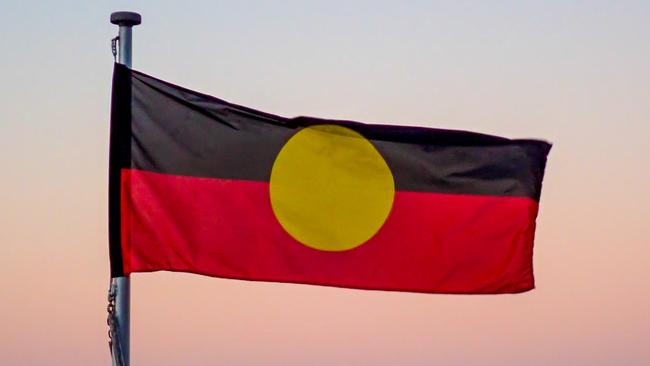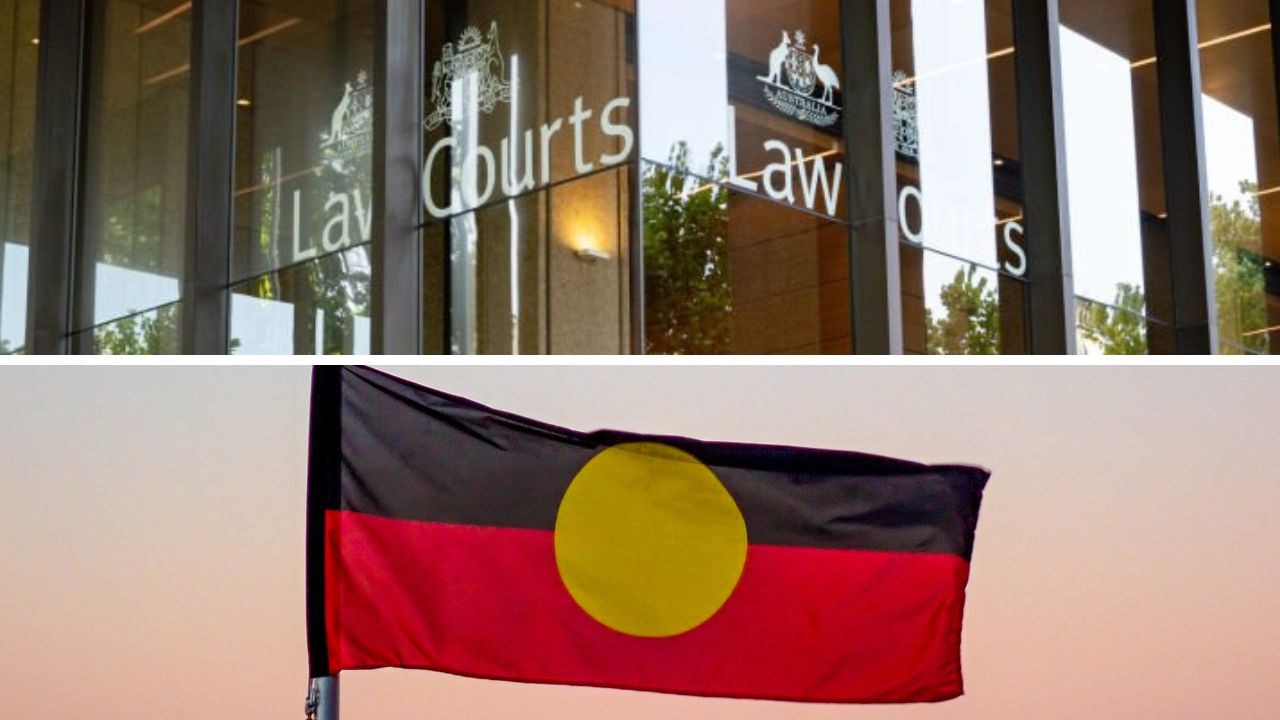
Governments of all stripes know this. And that is the story behind 15 years of failed Closing the Gap measures.
Aboriginal and Torres Strait Islander communities are tired of government weasel words like “co-design” and “shared decision-making” when they know it rarely happens.
The results are plain to see in regular updates to the second incarnation of the Closing the Gap agreement signed with great optimism at an ebulient media event in 2020.
Then prime minister Scott Morrison was optimistic the new agreement would be markedly different to the last because this time Indigenous organisations would work side by side with governments to get results.
“They came to me seeking a real partnership, one where we listen, work together and decide together how future policies are developed, especially at a regional and at a local level,” Mr Morrison told parliament.
“This is about delivering action on the ground. It’s about giving us all the best chance for success, to match the best of our motives and intentions.”
The Productivity Commission report says governments have not been listening and still think they know best.
It has been business as usual. No surprise then that the results are every bit as bad as they were during the original Closing the Gap agreement that ran from 2009 to 2019, when only two out of seven targets were met.
The states get a lot of blame in the report and in much of the public discourse about Indigenous affairs. Liberal MP Julian Leeser put it succinctly in 2021 when he said: “The federal government is not responsible for much that happens in the lives of most Aboriginal Australians.
“These matters are still largely the province of the states and territories. Like almost every other area of policy, the commonwealth is just the ATM”.
However, the Australian people made it clear they wanted the commonwealth to be involved in 1967 when they voted overwhelmingly at a referendum to allow the federal government to make laws for Indigenous people.
The states were doing an appalling job. That referendum was a resounding affirmation that the Federation needed leadership in Indigenous affairs.
Over the past decade, however, the commonwealth has absented itself in key areas.
It no longer funds remote housing except in the NT.
Critics believe the commonwealth is not being prescriptive enough on how the states and territories spend commonwealth money in Indigenous affairs.
For example, the Yothu Yindi Foundation once complained to the Productivity Commission that an extra $500m in GST revenue allocated to the NT to take into account its disadvantaged remote Indigenous population was not spent directly on services for Aboriginal people.
At the same time, the NT government spent $300m on a bar and dining precinct on the Darwin waterfront.




People with power are listened to. Those without it are not.